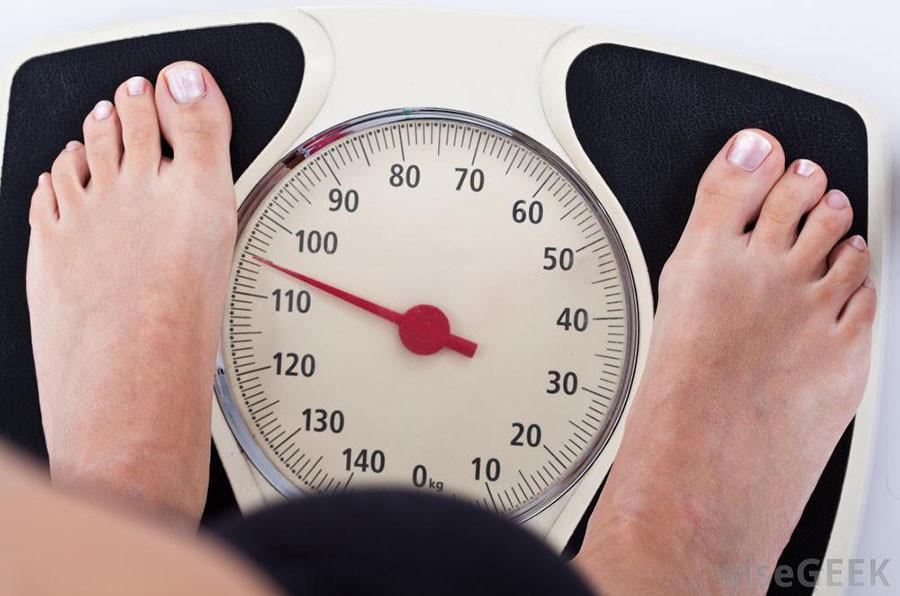#BodyPositive
“We live in a world of unrealistic beauty standards,” said Orion Carloto, a 19 year old YouTuber who has found herself in the eye of social media. Carloto has a significant number of followers on social media and created a YouTube video talking about the Body Positivity hashtag running through social media. She often brings up people of color and the stigma surrounding the hashtag.
“I think it’s good to promote any body type,” said Erin Sullivan (10). This hashtag challenges the idea that beauty only has one definition. According to DoSomething.org, 58% of college age girls feel pressured to be a certain weight. This pressure to be a certain weight is undoubtedly toxic and can result in feelings of self-devaluation, depression, helplessness, and even eating disorders. “It makes a positive impact for those who need reassurance from people they don’t know,” said Lauren Michelli (10).
In Carloto’s YouTube video, body positivity throughout people of color is brought up. “[The hashtag] is very important when it comes to people of color,” said Carloto, “We grow up surrounded by a lot of people who don’t look like us, necessarily.” Including all body types and races is a massive part of the body positive hashtag. Representation and support can give people the tools and confidence to love themselves. Carloto grew up Latina in an area where there were not many Latinas. “People would make fun of me. It made me very insecure because I had a little peach fuzz above my upper lip, as if that’s a bad thing,” said Carloto.
#BodyPositive is also shining light on the trans community. “A lot of people now are becoming comfortable enough to be like ‘Hey I’m transitioning. This is happening to my body. New things are happening every day, and it’s going to be different’,” said Carloto. Transitioning can bring on many changes to the body, and it is important for people to love themselves and their bodies throughout the process. “[The hashtag] is shining light on people who are learning to love their bodies,” said Carloto.
The body positive hashtag is not exclusively limited to women, either. Men generally believe they need to be both muscular and lean to meet societal expectations according to NationalEatingDisorders.org. “Most of the positivity comes from teenage girls,” said Joey Bierlein (10). People often think of girls when the body positive hashtag is brought up, but it also greatly impacts men. Men have insecurities as well as women, and that is often overshadowed due to the expectations society puts on men. “Some guys are insecure about their bodies. They want to be super fit,” said Bierlein, “but they’re not sculpted and chiseled like everything they see.”
Carloto also tests the opposers of the body positive hashtag with grace. Many people oppose the hashtag because they do not agree with the message or just simply are not educated enough on the subject to be completely open-minded. One reason people disapprove of the hashtag is the idea that those who are overweight or underweight are justifying their health by loving themselves. “Nobody is saying it’s okay to be unhealthy,” said Carloto. A common opinion related to this opposition is that people let their bodies go when they love themselves. “The point of being body positive and loving your body and accepting your body is taking care of your body and loving your body,” said Carloto.
People also criticize the hashtag because they believe it is an excuse for people to post “half naked pictures” of themselves. “Listen, if women really wanted to show off their bodies and wanted to be ‘slutty’, they wouldn’t be taking pictures,” said Carloto. Many people disagree with the idea that people are misusing the hashtag. Ashley Frangipane (stage name Halsey), a singer/songwriter, addressed the issue on twitter. “It doesn’t matter if that girl is considered attractive by many people, if she herself doesn’t love her body, it means nothing,” said Halsey. Some believe the hashtag is a positive trend and also believe others misuse the hashtag to an extent. “In some ways it’s been taken a little too far, and unfortunately I do think that is true in some cases, but I still think that the majority of people use it appropriately,” said Ashlyn Suloff (10).
The body positive hashtag has made an enormous statement on the different social media platforms. “I wish that I had somebody to look up to when I was much younger to know all of these things,” said Carloto, “I want people to start realizing at a young age that you’re beautiful with the body you’re born in.” Influential role models on social media can give younger audiences someone to look up to when they do not have anyone else, and that is why this hashtag is making such an immense impact. When people like Carloto, who have significant followers, post about the body positive hashtag, the message is heard by a vast majority of people.
“Find something that you really, really love about yourself, and focus on that,” said Carloto. It is easy to get caught up with imperfections and beauty standards, but this hashtag spreads the idea that people can still love their bodies despite those imperfections. “Nobody should have to apologize for the body that they’re born in,” said Carloto.




